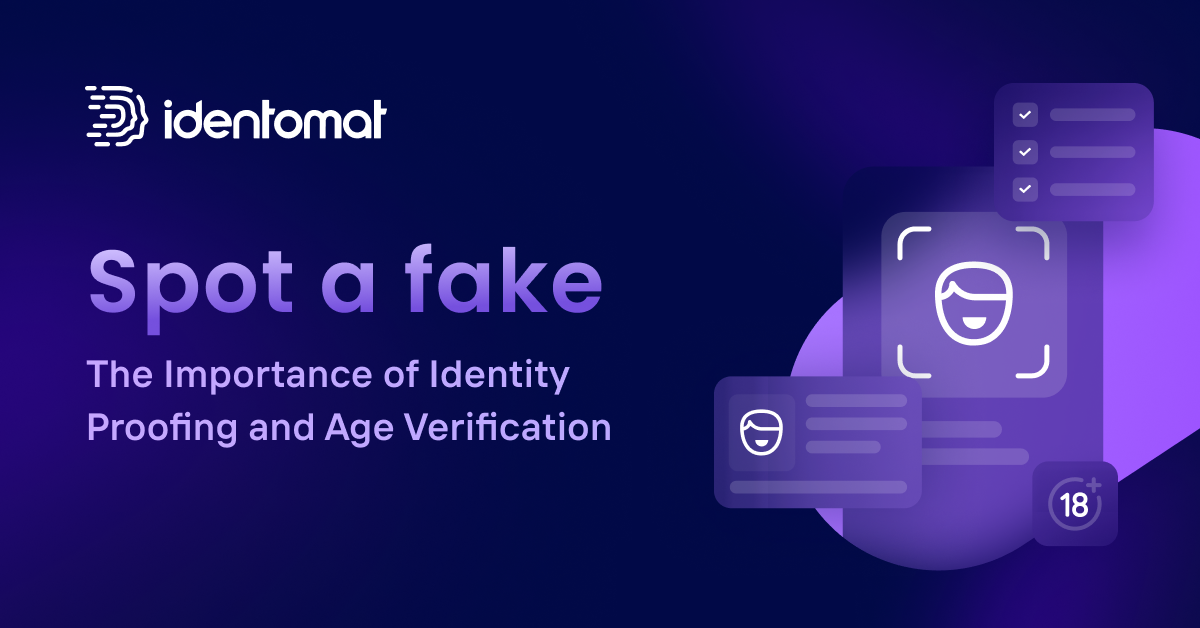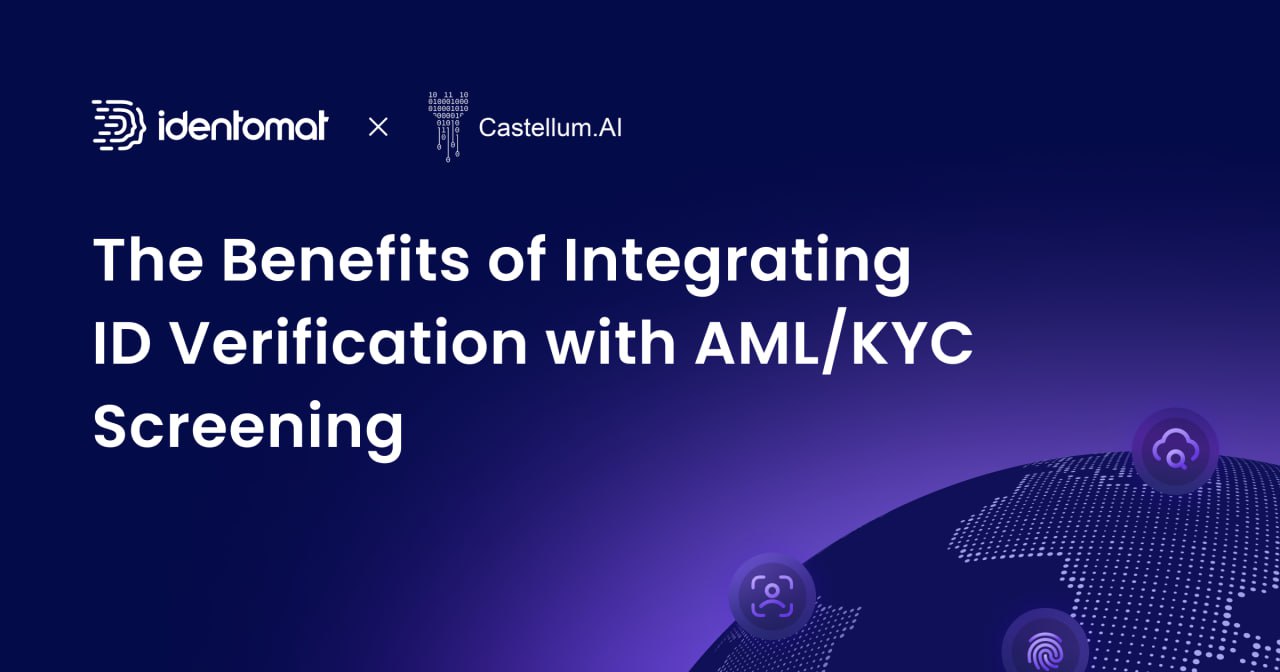Digital identity verification has always been thought of as the cornerstone of easier, faster, and more efficient customer onboarding. As we move deeper and deeper into the digitization era, it becomes very apparent that digital identity verification might hold the keys to unlocking another business sector: remote hiring.
Is Remote Work A Trend, Or The New State Of Affairs?
Pre-pandemic, working from home was categorized as a company perk, a benefit someone would come across when dealing with companies of the likes of Google, Amazon and Facebook. What the pandemic has managed to do is normalize working from home and enable a new status quo for work and hiring.
Companies are not looking at their city, town or even countries to source talent. The pandemic has globalized working with people working from the comfort of their own home for companies in different timezones.
To give you some context, a Gartner survey revealed that 80% of company C-Level executives plan to resume remote work in some capacity even after the pandemic is over while 47% of them will allow it full time. Moreover, a PwC survey of 669 CEOs, found that 78% of them do not see remote work as a trend or a short-term solution but as something that is here to stay.
How Can Digital Identity Help With Remote Hiring?
In the exact same way it has helped with traditional KYC and customer onboarding. The most valuable feature of digital identity verification is the elimination of manual process and the creation of a smooth, seamless and functional customer onboarding process. Taking that and channeling into a remote hiring setting could replicate the exact same results. Let’s look at some numbers.
A study from company review site Glassdoor found that a positive onboarding experience could be the deciding factor for employee retention by increasing numbers to 82%, productivity by 70%, but most importantly that only 12% of new hires are satisfied with onboarding procedures.
The Glassdoor research concluded that manual processes were the main reason behind the low satisfaction numbers. Manual processes are causing slow onboarding, lack of clarity and frustration. Can you imagine being asked to travel to an office for an interview, the provision of your CV, or your identity verification? What about social distancing rules? What if you live a few hours away, or what if you live in a different country? Should that be a barrier to getting a new job?
Fortunately, digital identity verification technology can provide the tools and solutions to overcome these logistical difficulties, and enrich their talent pool. These solutions include facial recognition and videoconferencing technologies. Here at Identomat, for example, we have created a remote user verification solution built using artificial intelligence (AI), machine learning and liveness detection. While the tech was primarily directed at merchants and financial institutions, it goes without saying that it could be used by human resources teams during the onboarding process to scan and validate identification documents.
Providing smooth, trouble-free remote hiring processes is not an adjustment move due to the pandemic. It’s the natural evolution of recruitment. A PwC report found that 49% of people that reached the final interview stages ended up rejecting employment offers due to poor recruiting experiences.
By leveraging digital identity solutions, companies can significantly decrease that number and create frictionless, seamless, secure remote hiring processes.
Remote Recruitment & Digital Identity Verification: There is a Market For It
A recent study of more than 500 hiring managers found the following:
- 56% hired employees remotely for the first time since the pandemic broke out.
- 51% interviewed candidates remotely
- 42% extended job offers
What the survey was also able to do was shed light to the challenges and concerns C-level executives have about the future of remote hiring. Most of the concerns had to do with employee onboarding and getting them up and running. 38% of respondents expressed their worry about coordinating technology onboarding and setup, including the verification of employees identities.
What the numbers make abundantly clear is that this is not the last we will hear about the relationship between digital identity verification and remote hiring. Stay tuned and check back to see how this one develops.
In case you want to discuss how Identomat can help you explore that relationship, our team is always ready and available to talk to you.




